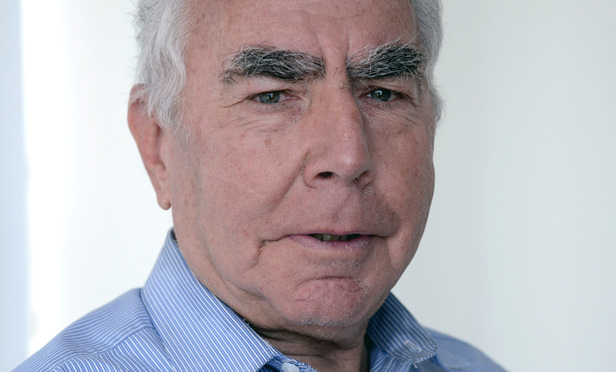A substantial number of 42 U.S.C. §1983 complaints allege that law enforcement officers fabricated evidence in order to frame an innocent person. The fabrication may take a wide variety of forms, including manufacturing and giving perjurious testimony, planting evidence, and doctoring scientific evidence. It’s hard to imagine more egregious government wrongdoing.
Even the most ardent originalist would likely agree that this type of governmental misconduct is unconstitutional. In fact, the U.S. Supreme Court has long held that a prosecutor’s knowing presentation of perjured testimony to secure a conviction is unconstitutional because it violates “fundamental conceptions of justice which lie at the base of our civil and political institutions,” a betrayal of “rudimentary demands of justice.”1
This content has been archived. It is available through our partners, LexisNexis® and Bloomberg Law.
To view this content, please continue to their sites.
Not a Lexis Subscriber?
Subscribe Now
Not a Bloomberg Law Subscriber?
Subscribe Now
LexisNexis® and Bloomberg Law are third party online distributors of the broad collection of current and archived versions of ALM's legal news publications. LexisNexis® and Bloomberg Law customers are able to access and use ALM's content, including content from the National Law Journal, The American Lawyer, Legaltech News, The New York Law Journal, and Corporate Counsel, as well as other sources of legal information.
For questions call 1-877-256-2472 or contact us at [email protected]



